Tanzania Election Turmoil: Suluhu's Landslide Win and Aftermath
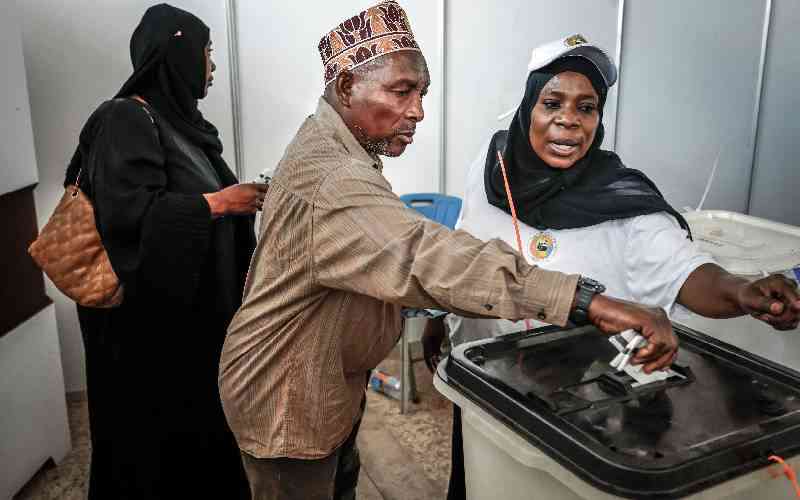
Tanzania's presidential elections, held on October 28-29, 2025, culminated in incumbent President Samia Suluhu Hassan being declared the winner with a controversial 97.66 percent of the votes. This outcome, announced by the Tanzanian Electoral Commission, secures her a five-year term but has been vehemently rejected by the opposition, who labeled it a "mockery of the democratic process" and called for international intervention and a fresh election.
The declaration of results immediately triggered widespread protests across major cities in Tanzania, leading to reports of violent skirmishes and a severe government crackdown. Witnesses described demonstrations where protestors tore down banners and set fire to government buildings, met with police firing tear gas and gunshots. Tension mounted rapidly across the East African nation.
Conflicting casualty reports emerged, adding to the turmoil. Tanzania's main opposition party, CHADEMA, claimed that "no less than 800 people" had been killed by security forces during the protests, while earlier media reports cited figures as high as 700. In contrast, the U.N. human rights office, citing credible reports, indicated that at least 10 people were killed in three cities. The Tanzanian government, through its Foreign Affairs Minister Mahmoud Thabit Kombo, dismissed the opposition's death toll as "hugely exaggerated" and denied the use of excessive force, stating there were only "very few small pockets of incidents" caused by criminal elements.
The protests were fueled by deep-seated anger over the electoral commission's decision to exclude Hassan's two biggest challengers – CHADEMA's leader Tundu Lissu, who was charged with treason, and the candidate for ACT-Wazalendo – from the race. This left only minor parties to contest against Hassan. Furthermore, the pre-election environment was marred by allegations of widespread repression, including harassment, abductions, and intimidation targeting opposition figures, journalists, and civil society. While the electoral commission reported an 87 percent voter turnout from 37.6 million registered voters, witnesses suggested turnout appeared low, and the opposition denounced these figures as "simply a joke," arguing the event was illegitimate.
In response to the unrest, Tanzanian authorities imposed a nationwide curfew for three nights and restricted internet access, further limiting independent verification of events. The international community swiftly voiced its concerns. U.N. Secretary-General Antonio Guterres called for "a thorough and impartial investigation into all allegations of excessive use of force" and deplored the loss of life. Separately, the foreign ministers of Canada, Norway, and the United Kingdom issued a joint statement raising alarm over fatalities and injuries, urging authorities to exercise "maximum restraint" and respect fundamental rights.
President Hassan, who assumed power in 2021 after the death of her predecessor, John Magufuli, initially garnered praise for easing repression. However, her recent tenure has faced increasing criticism from opposition parties and activists following a series of arrests and alleged abductions of opponents, despite her denials of widespread rights abuses. She had previously ordered an investigation into abduction reports but no findings have been released.
Hassan's controversial landslide victory places her among other African leaders who have won elections by exceptionally large margins under disputed circumstances. This includes Rwanda's Paul Kagame (re-elected with over 99 percent), Egypt's Abdel Fattah al-Sisi (89.6 percent), Gabon's Brice Clotaire Oligui Nguema (90.35 percent), and DRC's Felix Tshisekedi (over 73 percent). Such high percentages often occur in elections where prominent opposition is barred, weakened, or boycotts the polls, or where the ruling party exerts dominant control, leading to questions about the fairness and freeness of the electoral competition.
You may also like...
Scandal Rocks Turkish Football: 149 Officials Suspended in Betting Probe
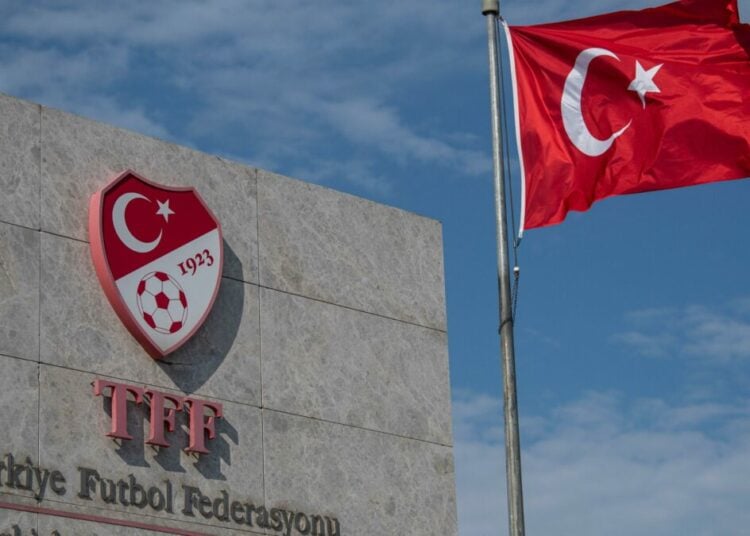
Turkish football is reeling from an explosive betting scandal as the TFF has suspended 149 referees after an investigati...
Wolves' Shock Dismissal: Pereira Axed After Winless Streak
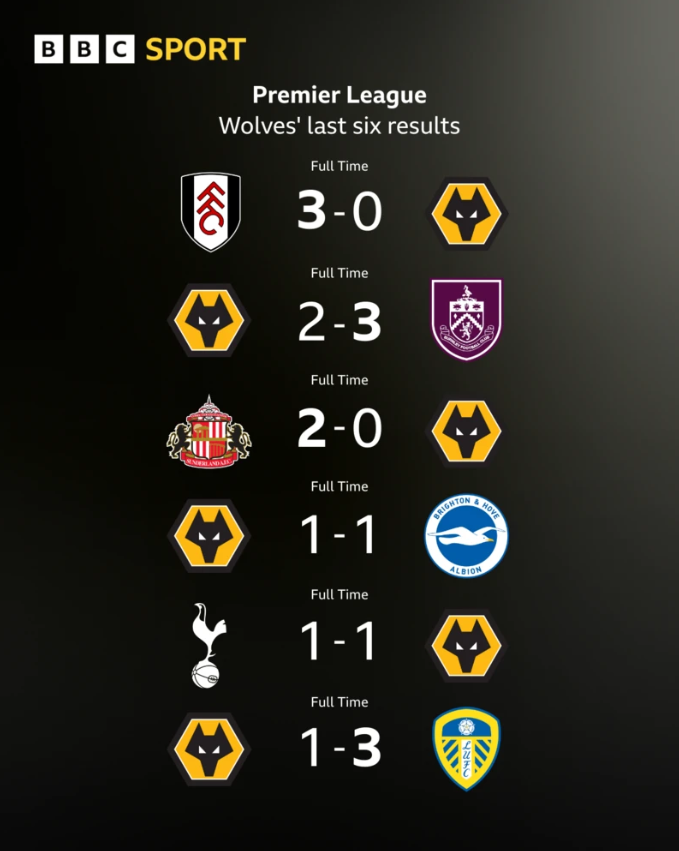
Wolverhampton Wanderers have sacked manager Vitor Pereira after a winless start to the Premier League season, leaving th...
Rebecca Ferguson's Thriller Heats Up! Oscar Buzz Swarms as Controversial Film Hits Streaming Milestone!

Kathryn Bigelow's new political thriller, "A House of Dynamite," has dominated Netflix's global viewership charts for a ...
White Lotus SHAKE-UP! Season 4 Set to Ditch Its Original Formula!

The White Lotus Season 4 is set to introduce significant changes, including a move to France and the unique decision to ...
Brandi Carlile Electrifies SNL Stage with 'Returning to Myself' Tracks

Brandi Carlile made a powerful return to Saturday Night Live, performing tracks from her new solo album, "Returning to M...
Jessica Simpson Celebrates 8 Years Sober: Reveals Alcohol's Impact on Intuition

Jessica Simpson celebrates eight years of sobriety, reflecting on the transformative impact of giving up alcohol on her ...
Hidden Treasure in Your Pocket: The £2 Coin That Could Make You Rich!

A distinctive gold £2 coin from 2012, commemorating the London to Rio Olympic Games Handover, is drawing attention from ...
Hollywood's Dark Knight Reveals All: Colin Farrell on Gotham, Big Macs, and Oscar Friendships

Colin Farrell and Fala Chen share insights into their collaborative dynamic on Edward Berger's 'Ballad of a Small Player...
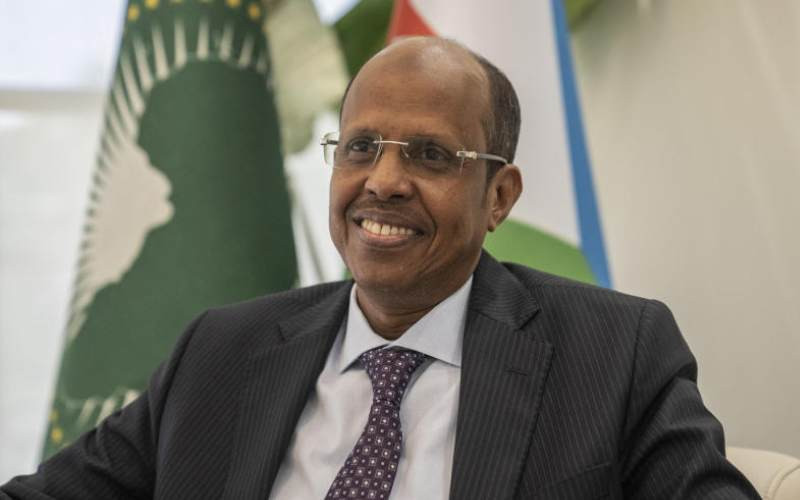

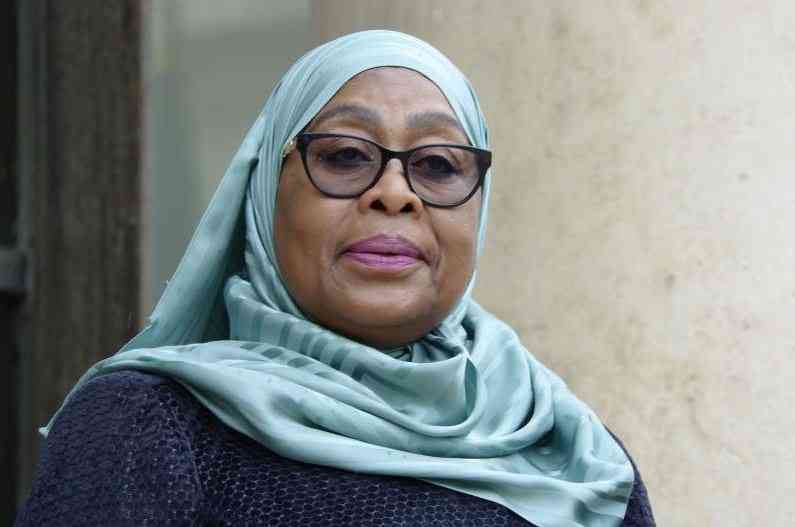
&format=jpeg)
&format=jpeg)